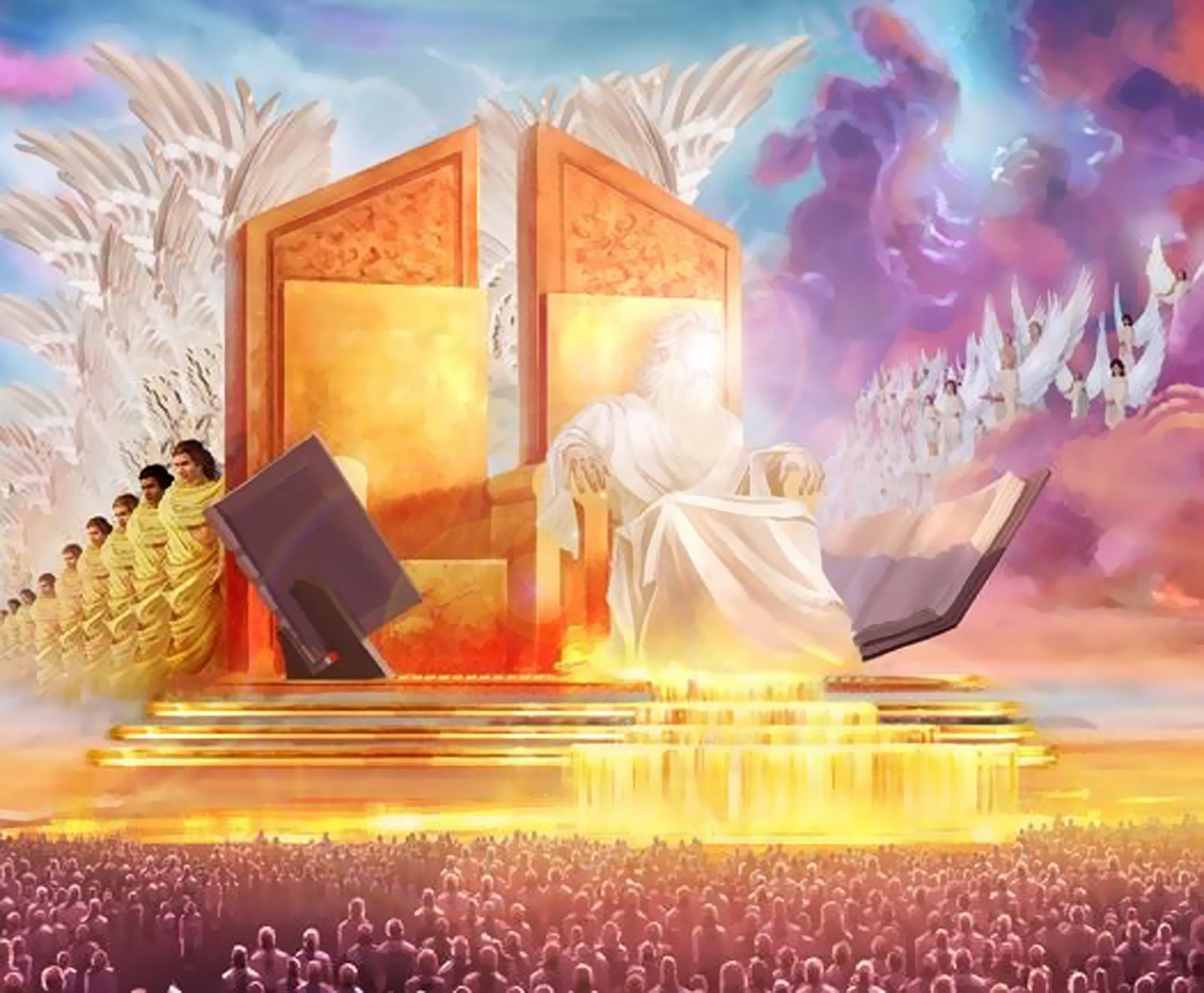
When Yahweh gave us the Torah Calendar, He did not choose the days at random. Rather, He incorporated specific days into His calendar in order to give us prophetic shadow pictures of the things He has purposed to come to pass.
In the last chapter on Sukkot we spoke briefly about the Last Great Day of the feast. This Last Great Day is also called ‘Shemini Atzeret,’ which means, essentially, ‘The Assembly of the Eighth (Day).”
While the Assembly of the Eighth is often thought of simply as the final day of the Feast of Sukkot, it is actually a separate feast. This is in much the same way as the Passover is followed by the seven Days of Unleavened Bread. However, in this case, the seven days of Sukkot are followed by the one day Assembly of the Eighth (Shemini Atzeret).
In Hebrew, the word ‘Atzeret’ (עֲצֶרֶת) means not just ‘an assembly,’ but a very special kind of assembly. It indicates that one’s host is not letting one go home. Rather, one’s host is ‘holding one over’ for an extended period of time. Strong’s Concordance defines the word atzeret (עצרת) in this way:
OT:6116 `atsarah (ats-aw-raw’); or `atsereth (ats-eh’-reth); from OT:6113; an assembly, especially on a feast or holiday:
When we look up the root at Strong’s OT:6113, we get:
OT:6113 `atsar (aw-tsar’); a primitive root; to enclose; by analogy, to hold back; also to maintain, rule, assemble:
KJV – be able, close up, detain, fast, keep (self close, still), prevail, recover, refrain, reign, restrain, retain, shut (up), slack, stay, stop, withhold (self).
Shemini Atzeret, then, shows us that Yahweh intends to hold us back, to detain us, or to ‘close us up’ in some fashion for the eighth day. But in what way does Yahweh intend to ‘detain us’, or to ‘hold us over’?
The Apostle Kepha (Peter) tells us that one prophetic day can symbolize a thousand earth years.
Kepha Bet (2nd Peter) 3:8
8 But, beloved, do not forget this one thing: that with Yahweh, one day is as a thousand years, and a thousand years is as one day.
Notice, then, that Scripture tells us that the Creation Week was seven days long.
B’reisheet (Genesis) 2:2
2 And on the seventh day Elohim ended His work which He had done, and He rested on the seventh day from all His work which He had done.
If the Creation Week lasted seven days, and if one prophetic day can represent a thousand earth years, then the Creation Week is symbolic of a seven thousand year plan for the earth and its inhabitants.
But if the earth is to last for seven thousand years, then why would the Feast of Sukkot last for eight days? And what is the symbolism of the eighth day?
In truth, the Feast of Sukkot lasts only seven days. We know this because it is only for seven days that the children of Israel are to dwell in booths.
Vayiqra (Leviticus) 23:41-43
41 You shall keep it as a feast to Yahweh for seven days in the year. It shall be a statute forever in your generations. You shall celebrate it in the seventh month.
42 You shall dwell in booths for seven days. All who are native Israelites shall dwell in booths,
43 that your generations may know that I made the children of Israel dwell in booths when I brought them out of the land of Egypt: I am Yahweh your Elohim.'”
The eighth day of Sukkot, then, is really a separate feast. Leviticus 23:36 tells us that we are to hold an assembly (עֲצֶרֶת) on this eighth day in order to bring an offering made by fire. We are also to do no ordinary or laborious work.
Vayiqra (Leviticus) 23:36
36 For seven days you shall offer an offering made by fire to Yahweh. On the eighth day you shall have a set-apart assembly, and you shall offer an offering made by fire to Yahweh. It is a set-apart assembly, and you shall do no customary work on it.
Verse 39 then tells us to keep the first and the eighth days of the feast as set-apart sabbaths of rest.
Vayiqra (Leviticus) 23:39
39 ‘Also on the fifteenth day of the seventh month, when you have gathered in the fruit of the land, you shall keep the feast of Yahweh for seven days; on the first day there shall be a sabbath-rest, and on the eighth day a sabbath-rest.
It seems likely that the first day of the feast symbolizes the first day of the Creation Week, when Yahweh Elohim created the heavens and the earth.
B’reisheet (Genesis) 1:1-2
1 In the beginning Elohim created the heavens and the earth.
2 The earth was made formless and void; and darkness was on the face of the deep.
In Revelation and the End Times we explain how the earth will “tarry” for a while after the second war of Gog and Magog (after the millennium has ended). This will not be a full thousand years, but only part of that time, similar to how we break camp and go home on the eighth day of the feast.
There is some interesting symbolism around the number eight in the Torah. For the first seven days, a sheep or a goat is not acceptable to Yahweh. However, on the eighth day it is acceptable. This may symbolize how we are not acceptable to Yahweh the first 7,000 years, but after that, we will be.
Vayiqra (Leviticus) 22:26-27
26 And Yahweh spoke to Moshe, saying:
27 “When a bull or a sheep or a goat is born, it shall be seven days with its mother; and from the eighth day and thereafter it shall be accepted as an offering made by fire to Yahweh.”